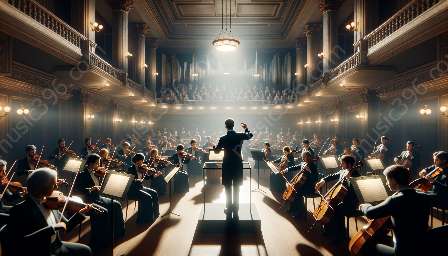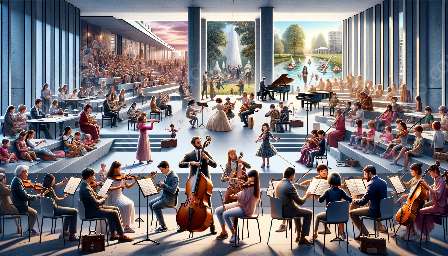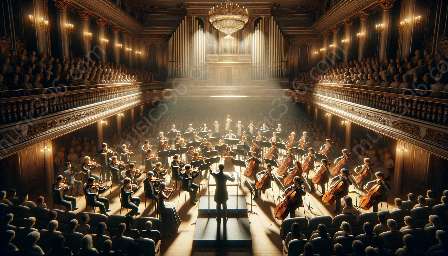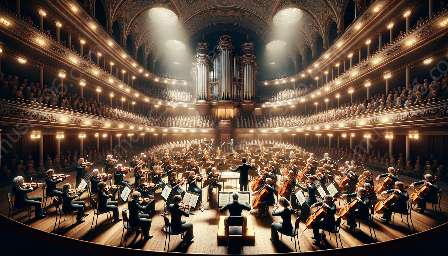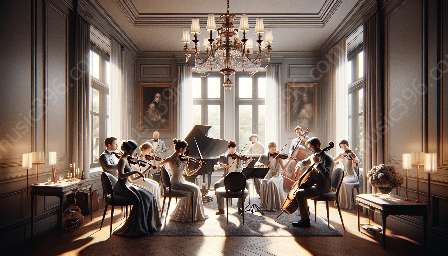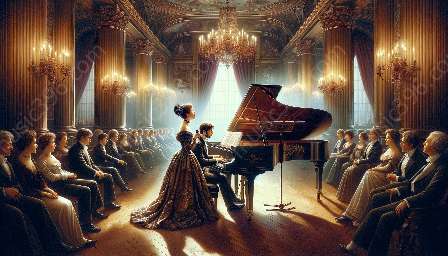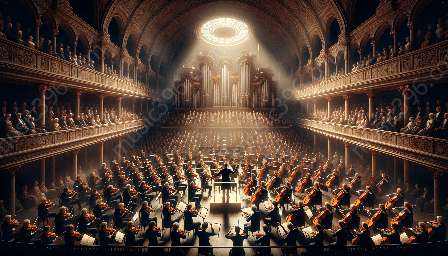The Enlightenment Era marked a significant period in the history of classical music, shaping musical forms, influencing composers, and fostering a sense of new creativity and expression. As ideals of reason, freedom, and individualism flourished, so too did the impact on classical music, leading to a major evolution in the art form. This topic cluster delves into the profound influence of the Enlightenment Era on classical music, exploring how it affected composers, styles, and the overall development of the genre.
Understanding the Enlightenment Era
The Enlightenment, also known as the Age of Reason, was a cultural, philosophical, and intellectual movement that swept across Europe during the 18th century. It was characterized by a focus on reason, science, individualism, and human rights, and represented a departure from traditional authority and religious dogma. These principles had a profound impact on various aspects of life, including the arts and music.
Impact on Musical Forms
One of the most significant influences of the Enlightenment Era on classical music was its impact on musical forms. Composers of the time sought to embody the ideals of reason and balance in their compositions, leading to the development of new musical structures and forms. The classical period in music, often associated with the Enlightenment, witnessed the emergence of sonata-allegro form, the symphony, and the string quartet, all of which reflected the emphasis on clarity, proportion, and rationality.
Exploration of New Themes
The Enlightenment brought about a renewed interest in literature, philosophy, and science, which in turn influenced the thematic content of classical music. Composers began drawing inspiration from literary works, exploring themes of nature, human emotions, and societal progress in their compositions. This shift in thematic content contributed to the development of program music and the expansion of the emotional range of classical music.
Composers and Their Works
The Enlightenment Era profoundly impacted the work of some of the most renowned composers in music history. Figures such as Wolfgang Amadeus Mozart, Joseph Haydn, and Ludwig van Beethoven were all products of this era, and their works reflected the spirit of the Enlightenment. Composers sought to express enlightenment ideals through their music, leading to the creation of symphonies, operas, and chamber music that embodied the principles of reason, liberty, and humanism.
Legacy and Continued Influence
The Enlightenment Era left a lasting legacy on classical music, with its principles continuing to influence composers and musicians in the centuries that followed. The emphasis on clarity, emotional expression, and rationality in musical composition continues to be an enduring hallmark of classical music. The evolution of classical music during the Enlightenment Era laid the groundwork for the development of the romantic and modern eras, ensuring that its impact would resonate throughout the course of musical history.












